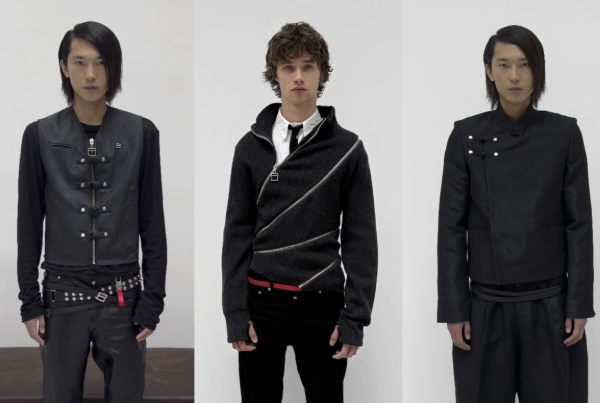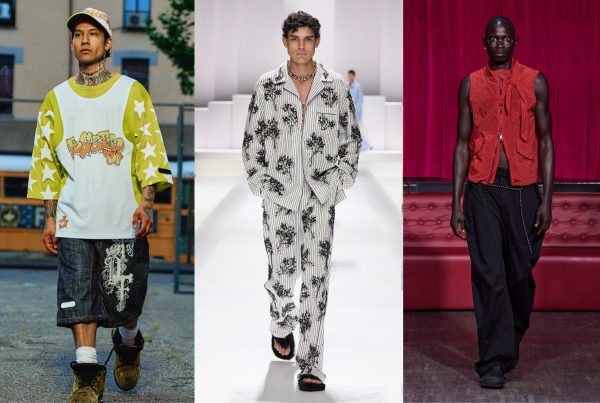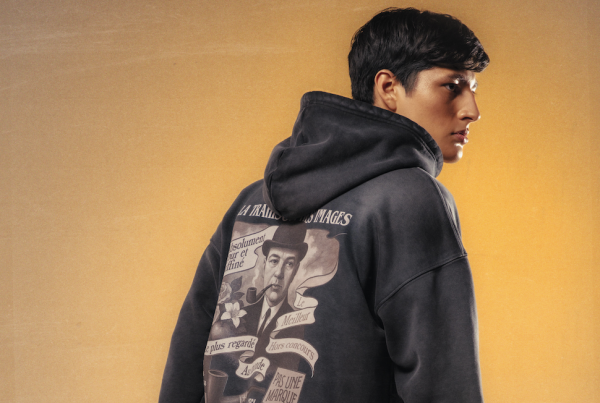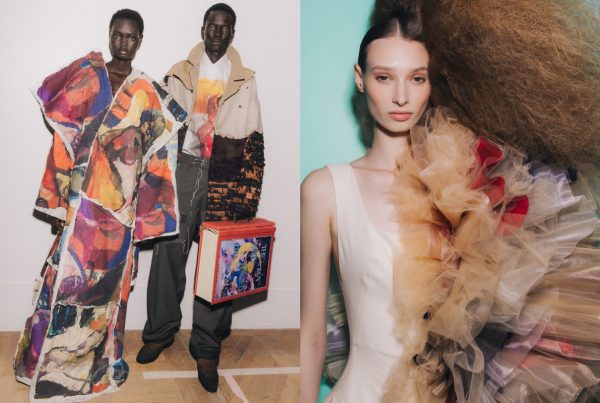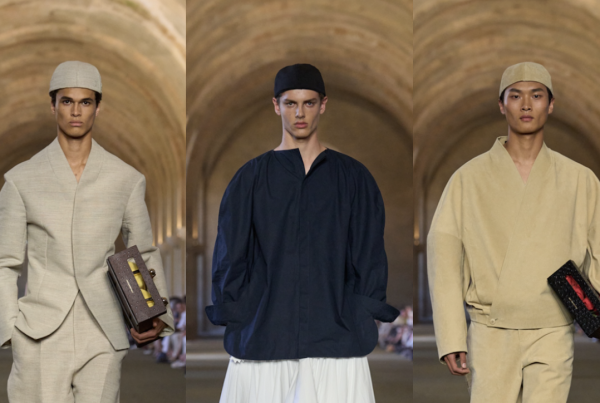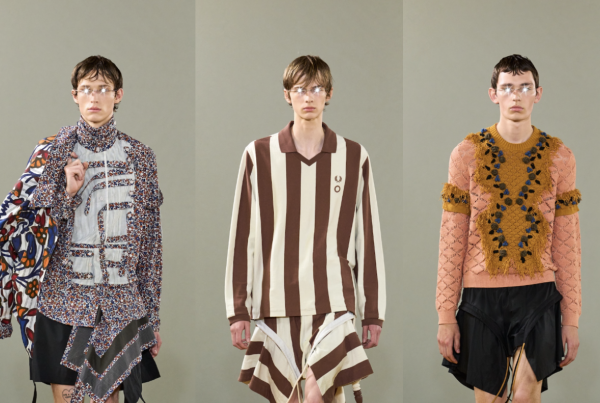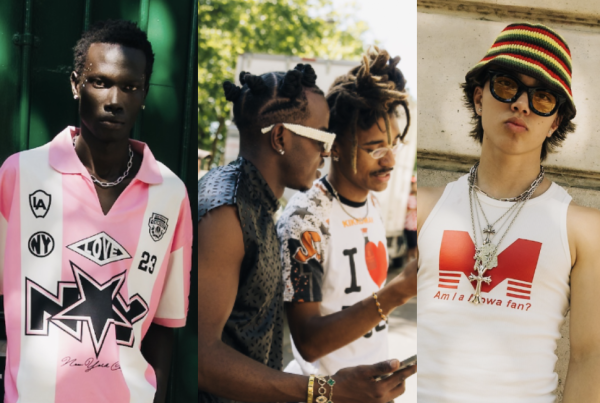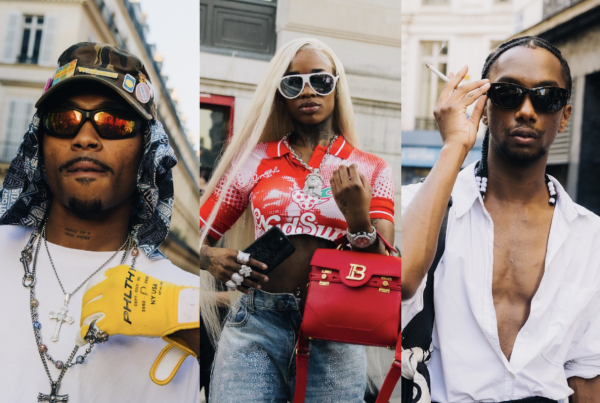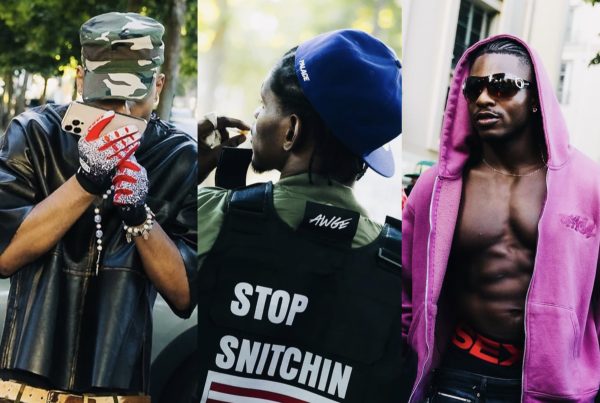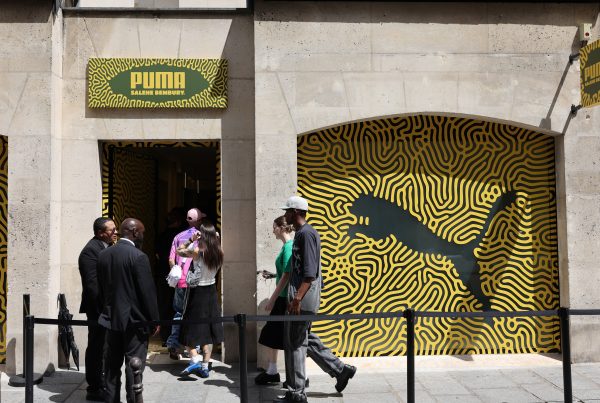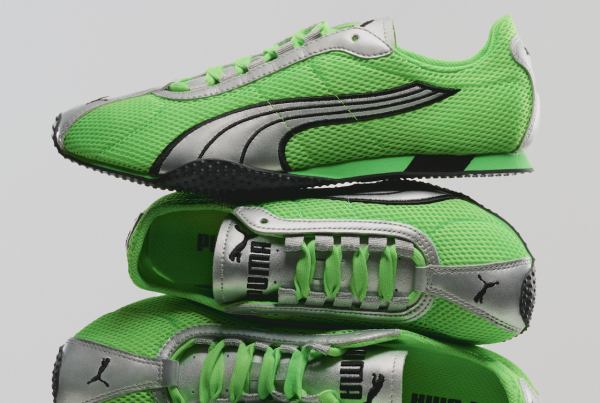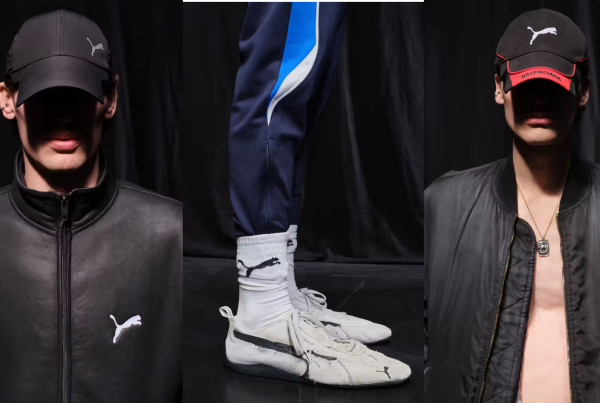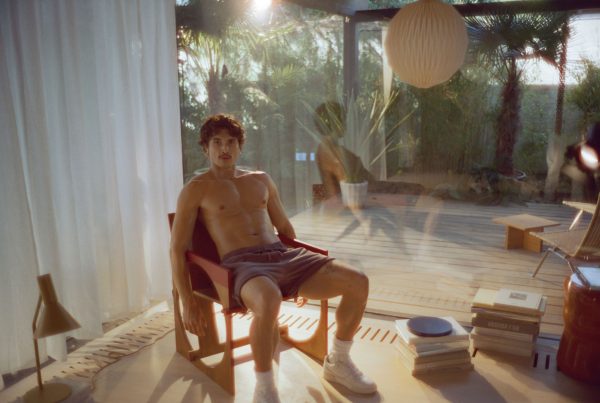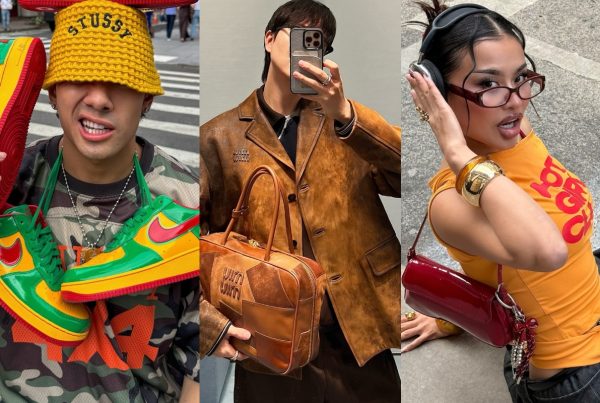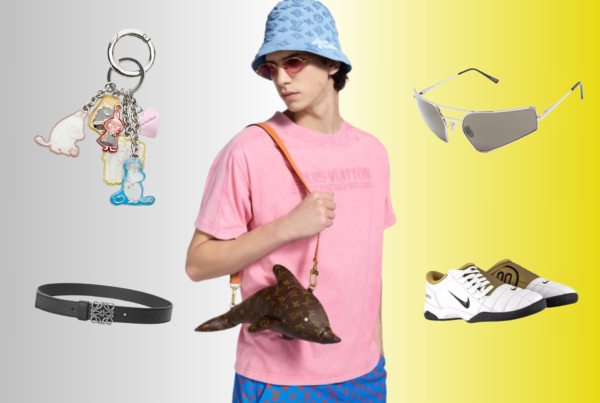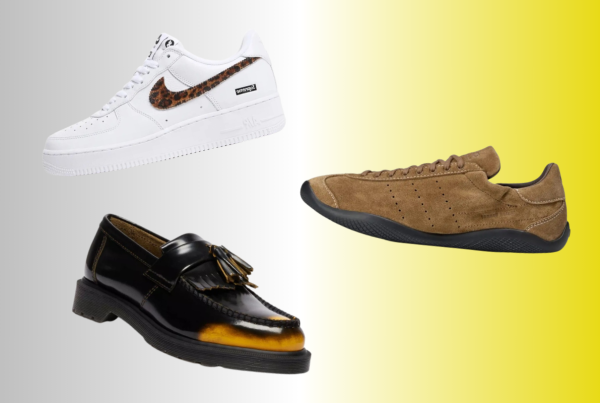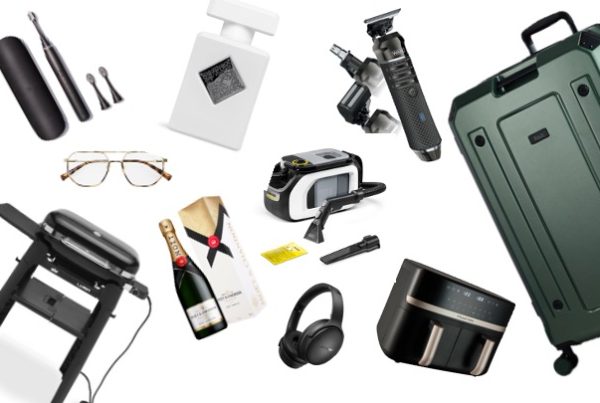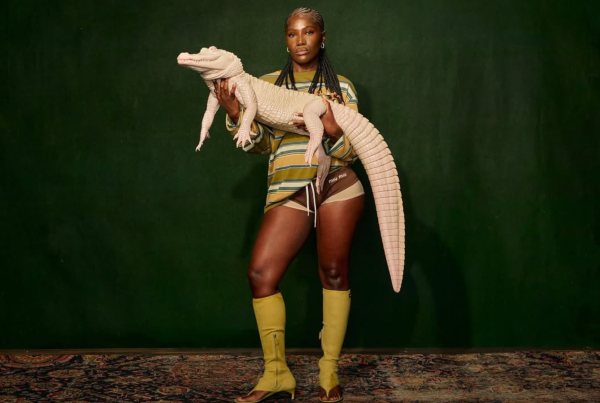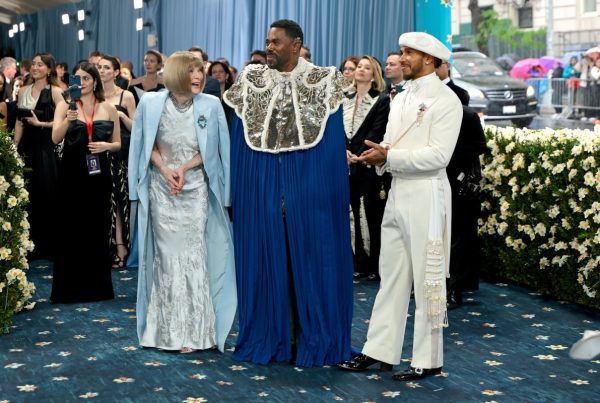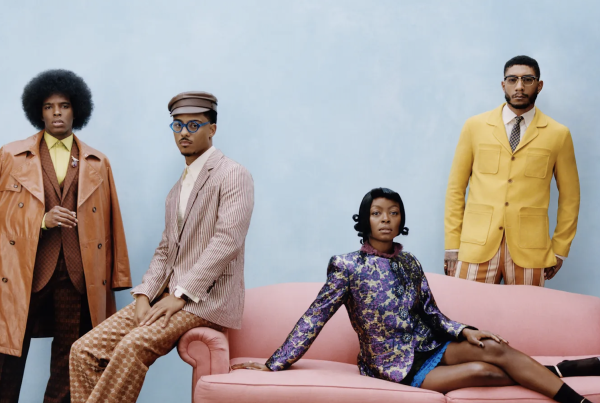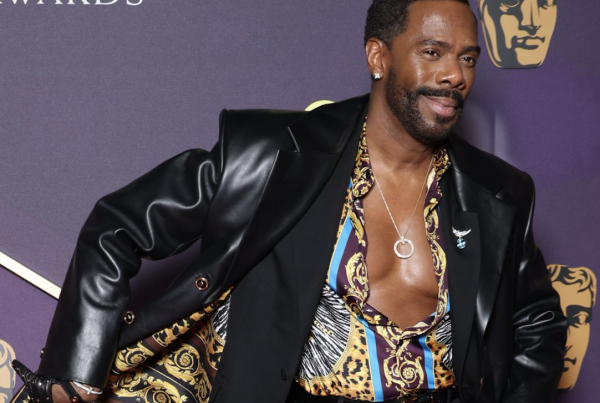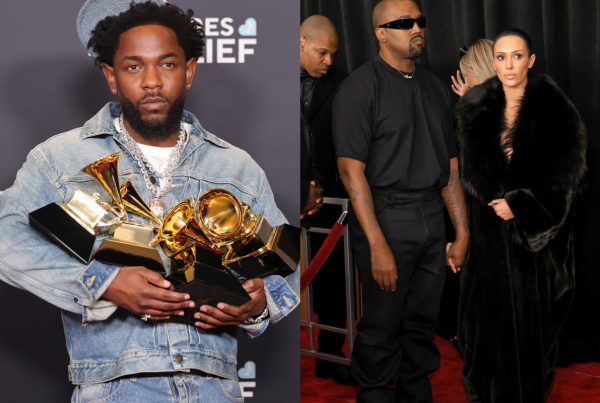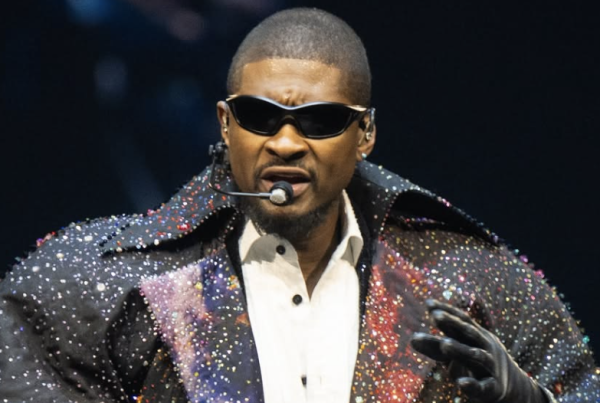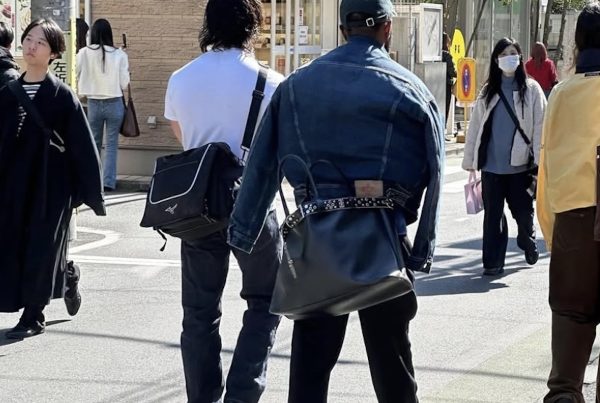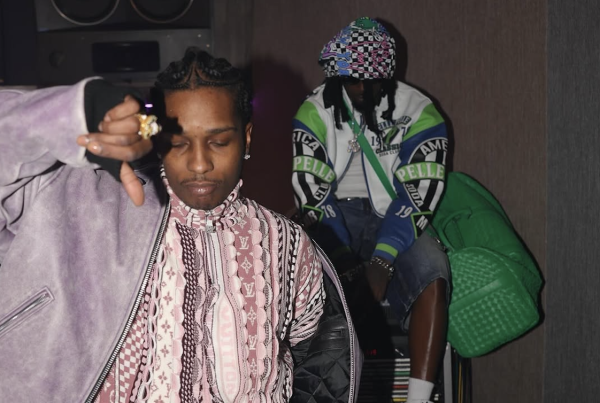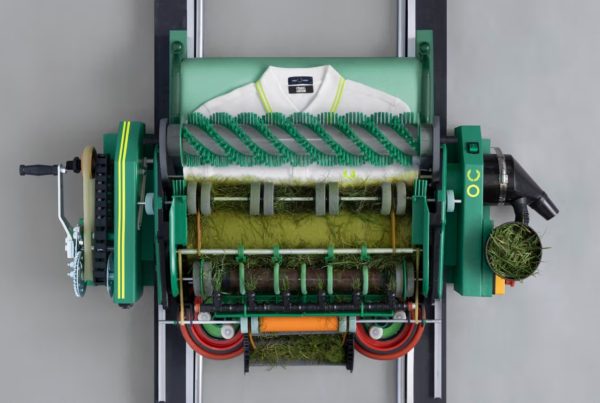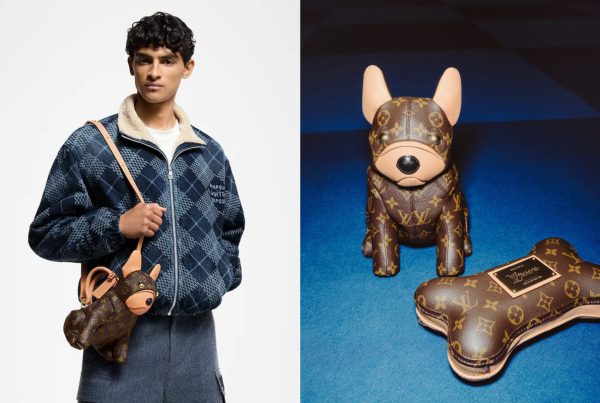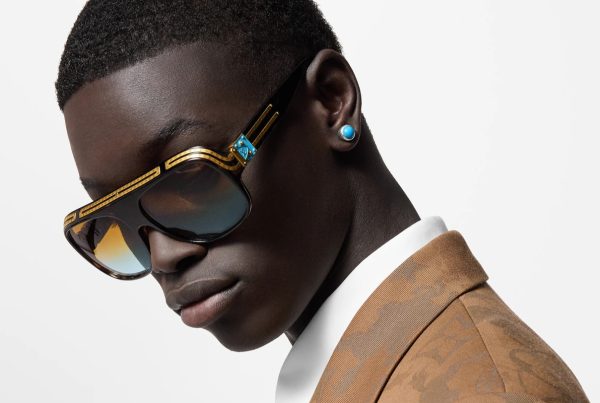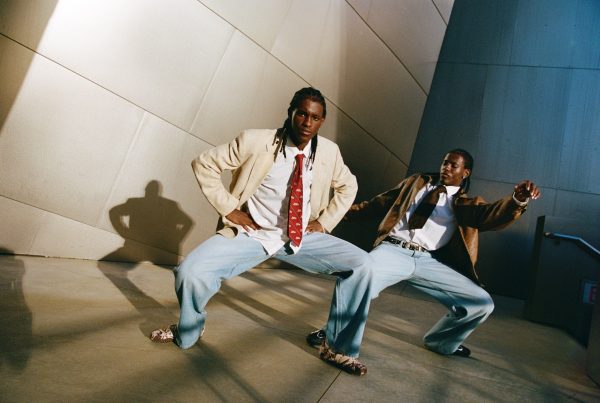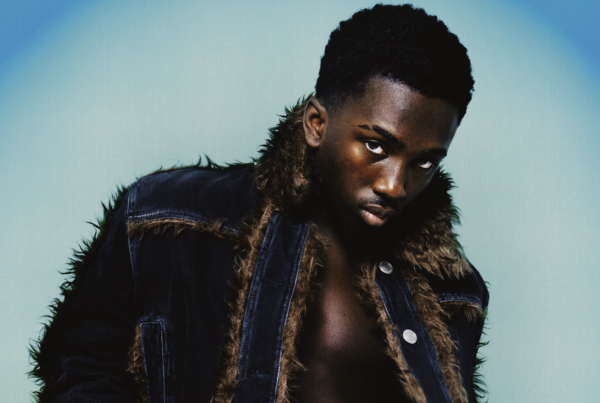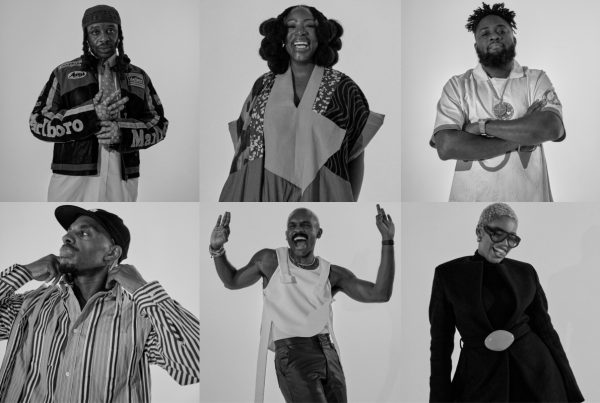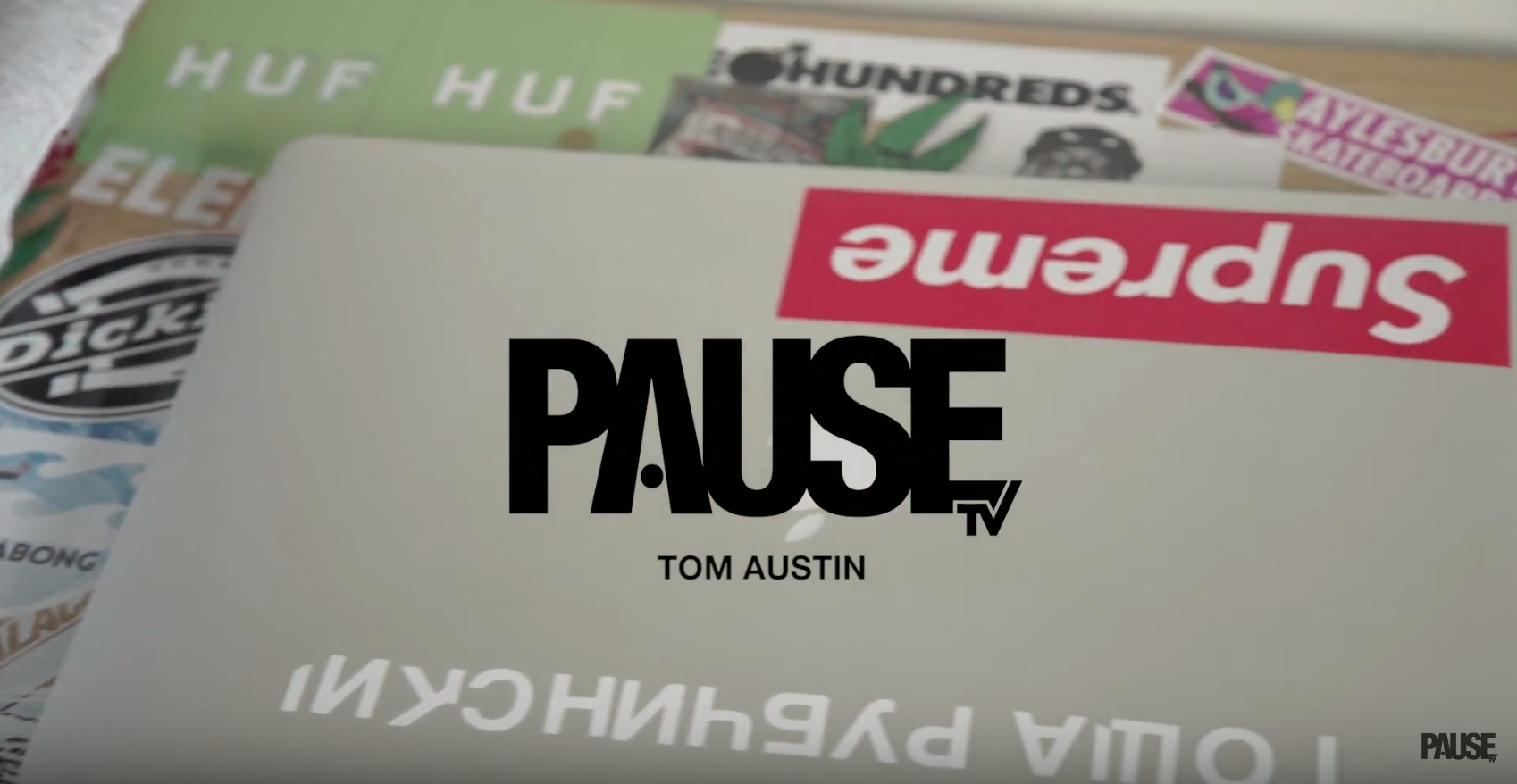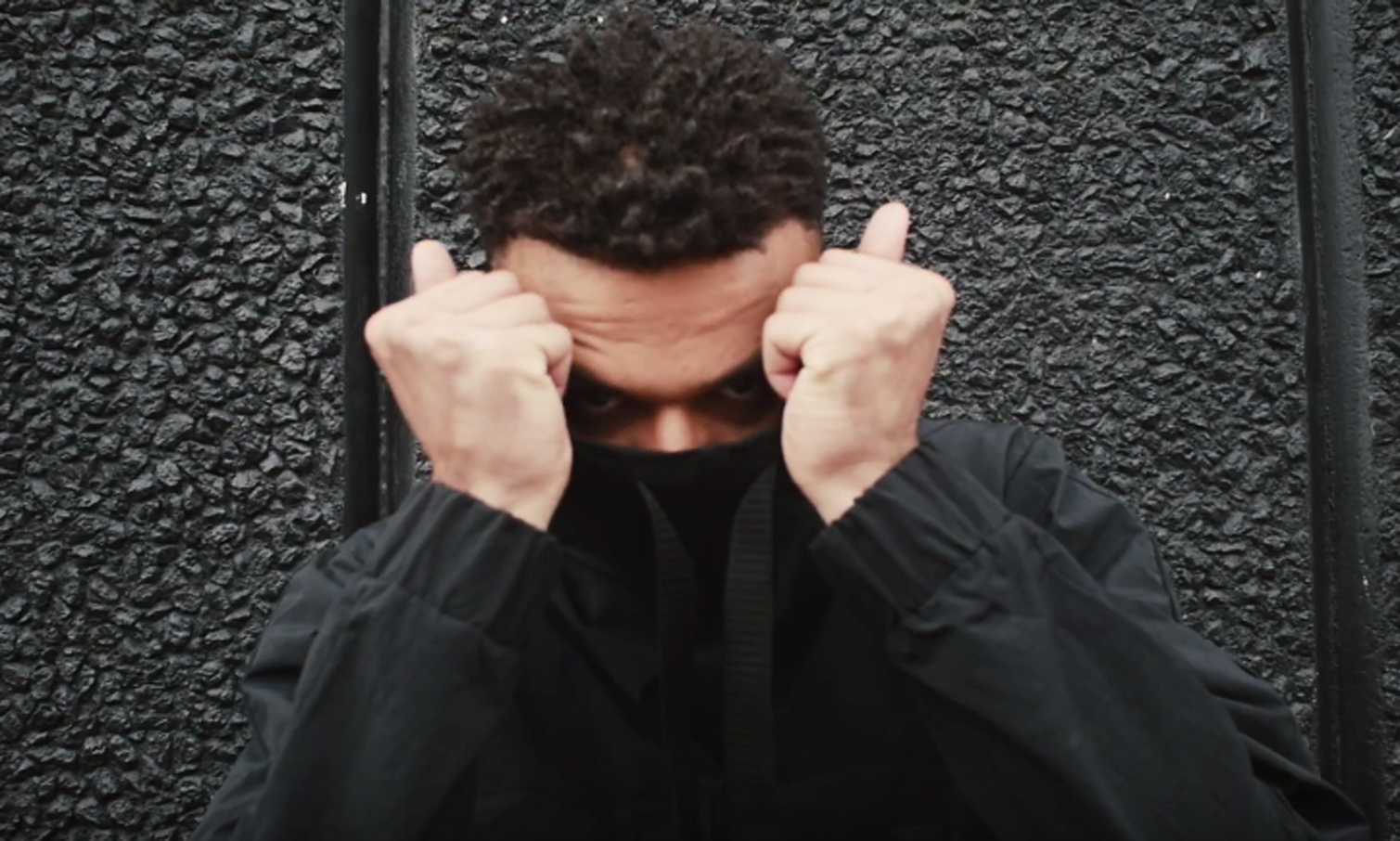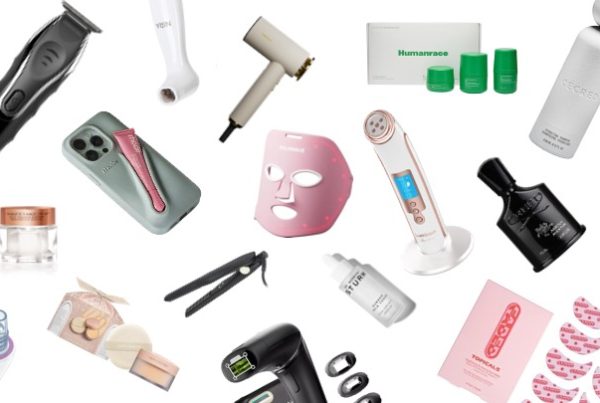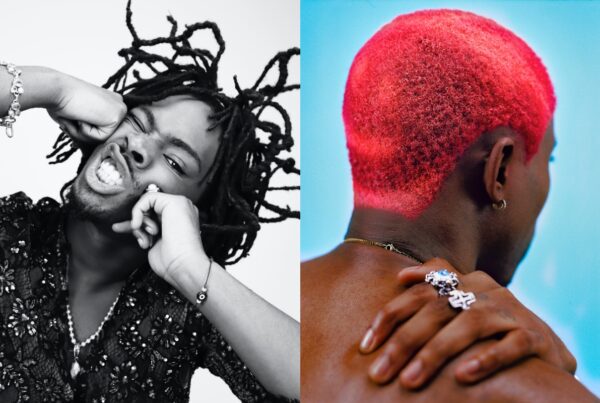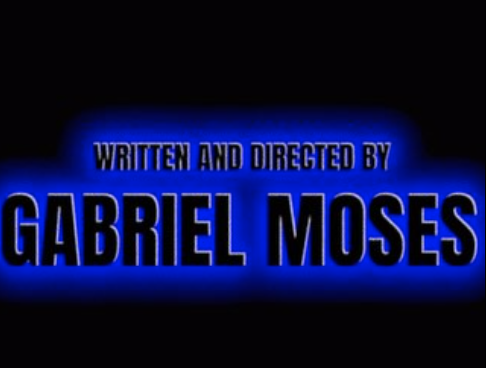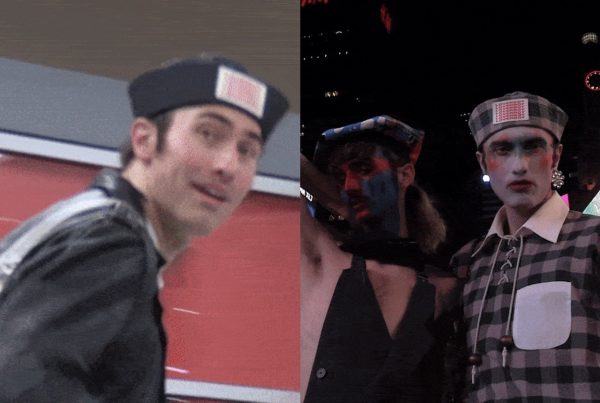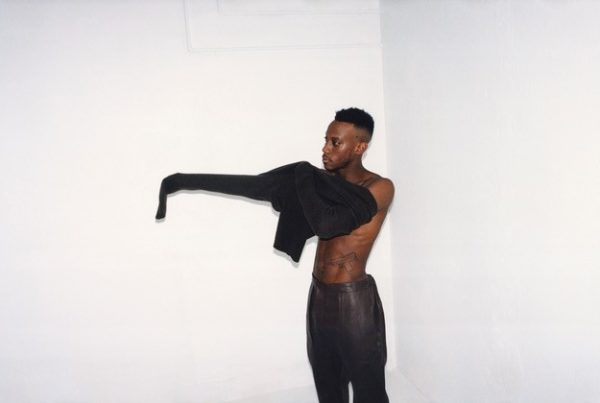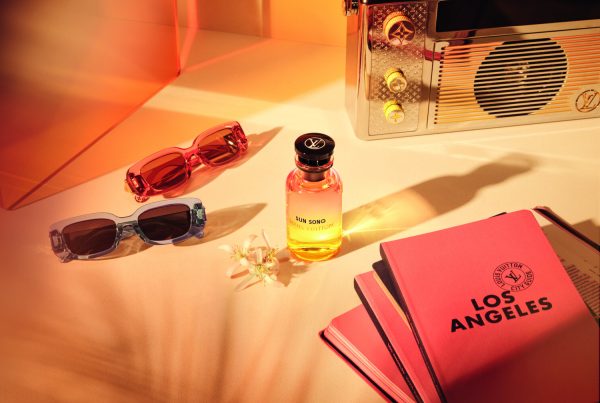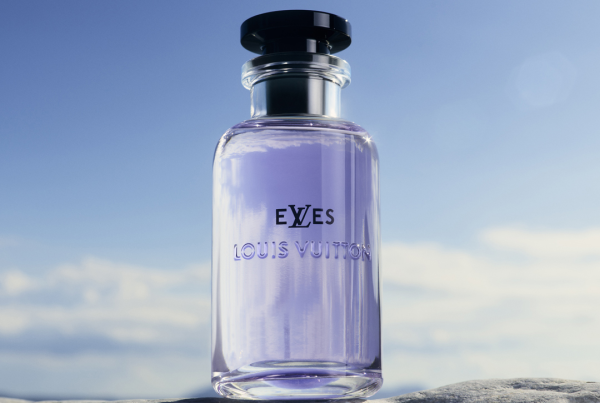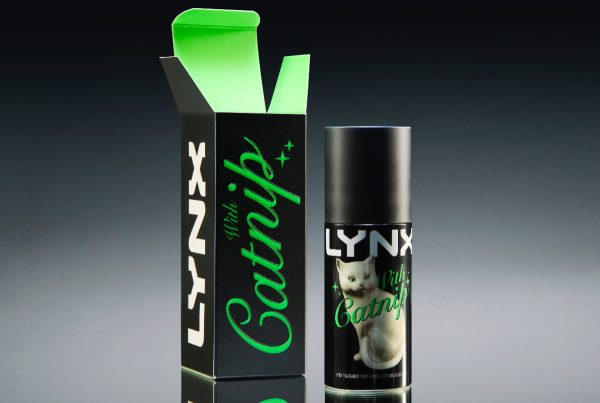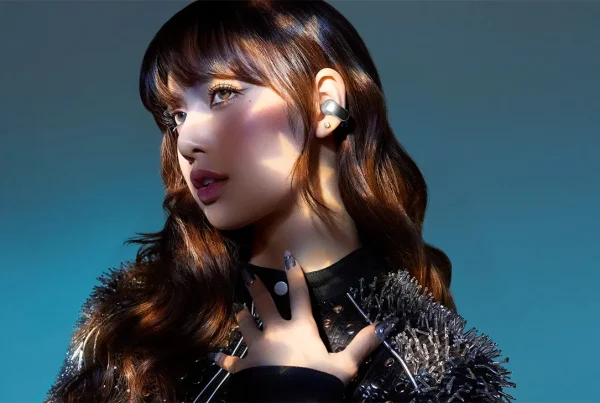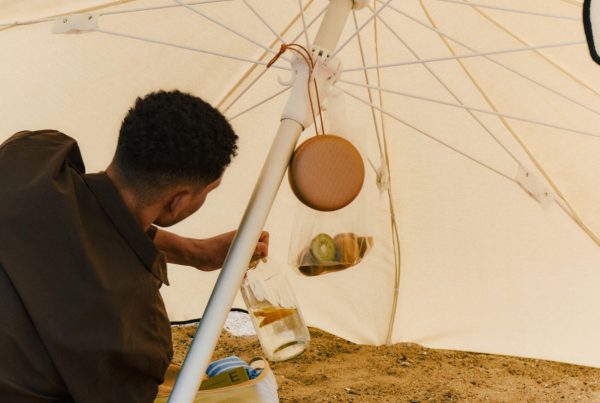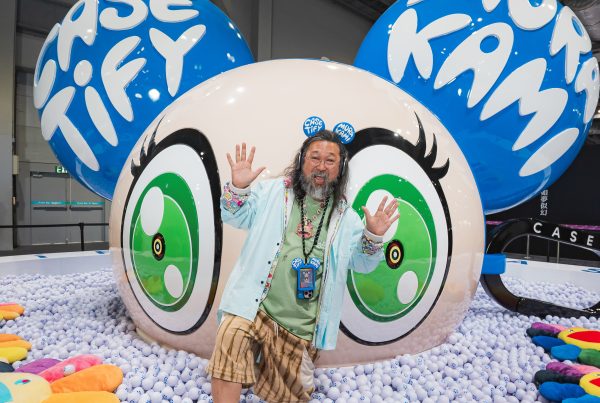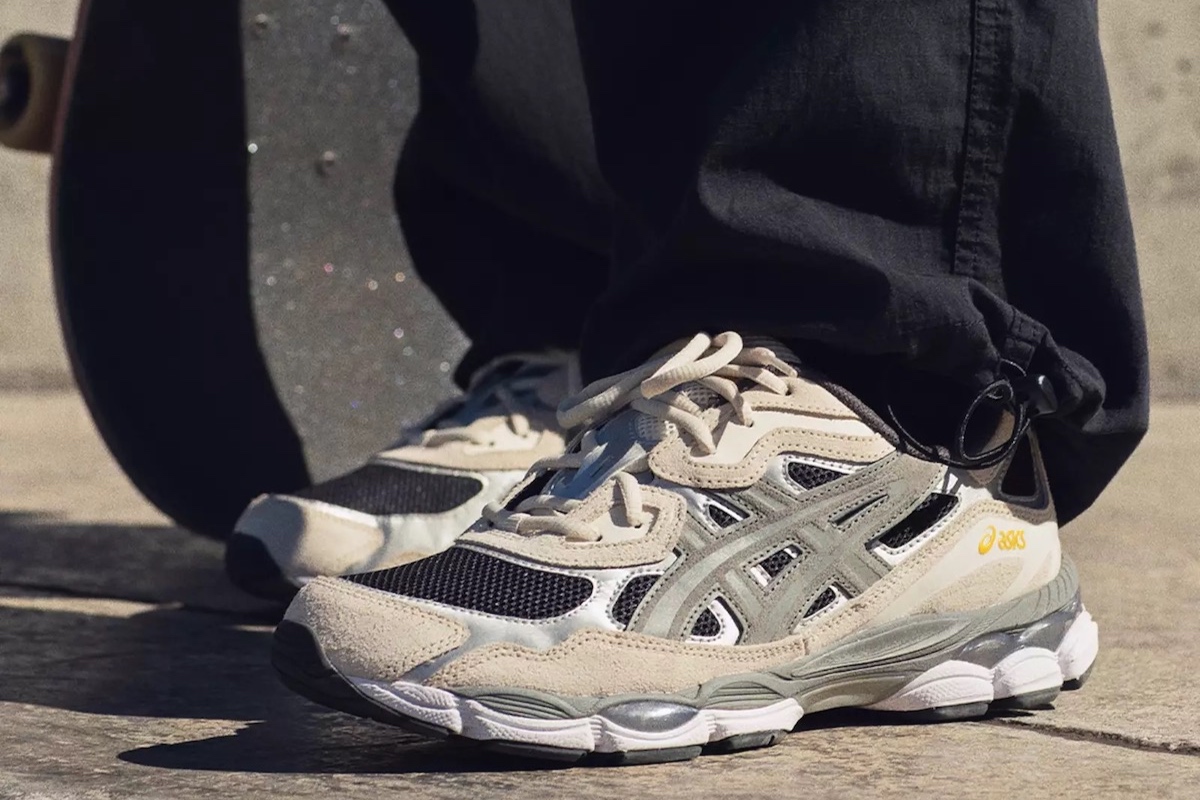Five Decades of Fashion in Hip-Hop.
Hip-Hop has been around for over five decades, and over the years, the genre has not only evolved sonically but also visually. Hip-Hop fashion has shifted from simple baggy jeans and graphic tees to designer streetwear and logomania. As we celebrate 50 years of fashion in Hip-Hop, I examine how fashion and style in Hip Hop has evolved over the years, exploring subtopics such as logomania, streetwear subcultures, and the redefining of fashion through the lens of Hip-Hop music.
As Hip-Hop grew in popularity and influence, so too did its fashion. In the 1990s, logos and branding became a central feature of Hip-Hop fashion. With brands like FUBU, Tommy Hilfiger, Sean John, and Phat Farm all vying for attention in the hip hop market, Logomania, as it became known, saw Hip-Hip artists and fans alike proudly sporting clothing emblazoned with the logos of their favourite brands.
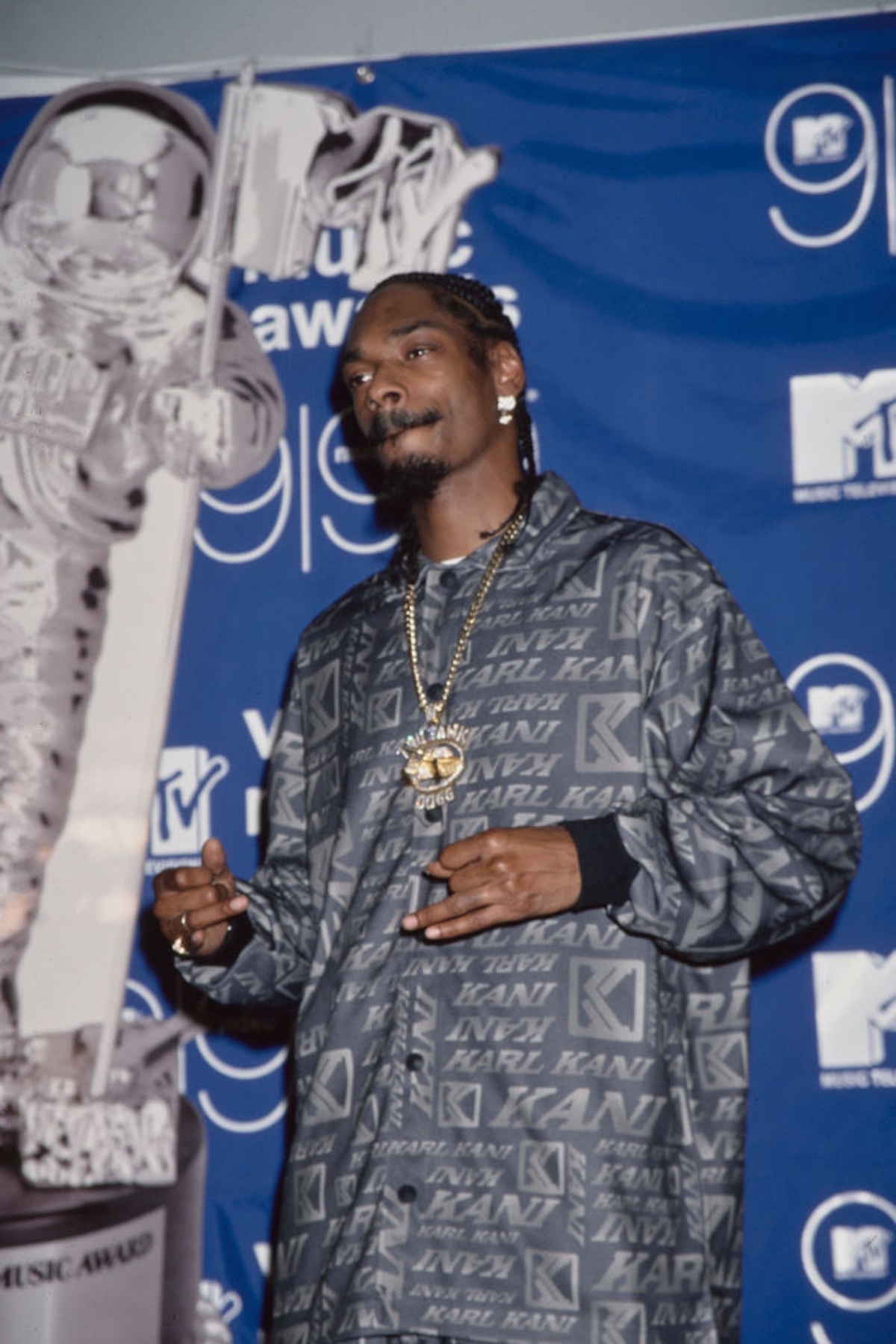
PHOTO CREDIT: Vinnie Zuffante/Michael Ochs Archives/Getty Images
Logomania is one of the most notable trends that Hip-Hop has popularised over the years. The use of brand logos and branding in fashion was not new in the 80s, however, it was Hip-Hop that certainly brought it to the forefront of pop culture. Iconic brands like Tommy Hilfiger, Sean John and FUBU became staples in Hip-Hop fashion. For example, Tommy Hilfiger’s red, white, and blue logo became so popular in the 90s that the brand saw a significant increase in sales, thanks to the support of the plethora of Hip-Hop artists who wore the brand, almost like it was the uniform of the times. Sean John, which was founded by music mogul Sean “Diddy” Combs, also became synonymous with Hip-Hop fashion in the 2000s after its 1998 mens sportswear debut. Being the first of its kind, Sean John set a precedent as one of few cases of clothing lines founded by one of Hip-Hop’s own. Brands like FUBU, which stands for “For Us, By Us” were also a Hip-Hop staple in the 90s. Catered specifically to the Hip-Hop community, FUBU became a standard for the black community, being a tastemaker of the times.
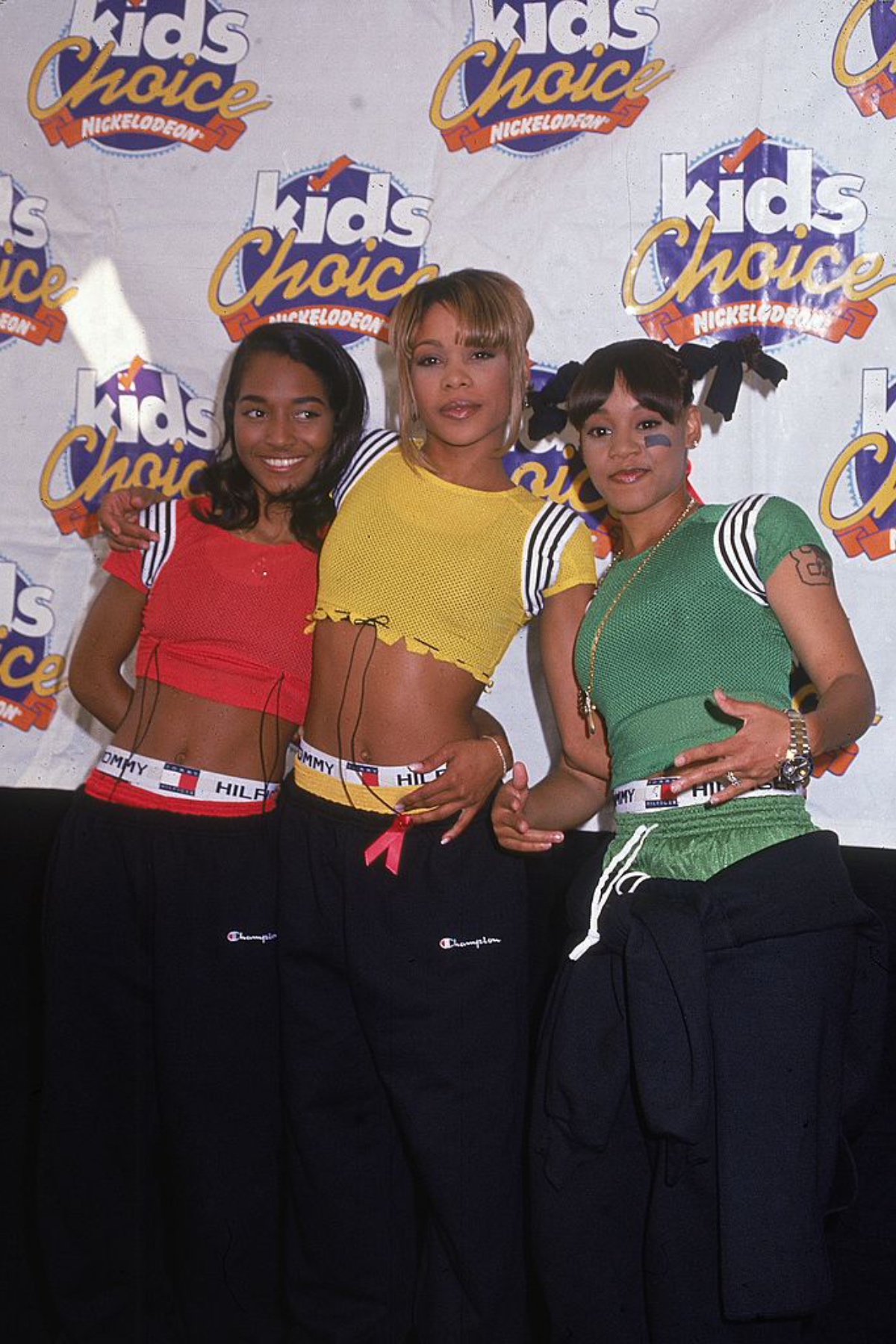
PHOTO CREDIT: Archive Photos/Getty Images
Streetwear subcultures have also played a significant role in the evolution of Hip-Hop fashion and style. Now one of the most popular styles of dressing, streetwear emerged from skate culture in the 80s and has since developed into a prominent subculture within Hip-Hop. Spearheaded by brands such as Supreme, Stussy, Phat Farm, founded by Russell Simmons, and Rocawear, founded by Jay-Z, all became popular amongst Hip-Hop fans in the 00s. These labels catered to the streetwear aesthetic with baggy jeans, graphic tees, and hoodies – a style that has fluctuated in fashion over the years. In 2023, Hip-Hop is the biggest genre on the planet and streetwear continues to influence Hip-Hop fashion today as it did fifty years ago, with brands like Supreme, A Bathing Ape, and Off-White consistently collaborating with Hip-Hop artists and becoming staples in Hip-Hop fashion.
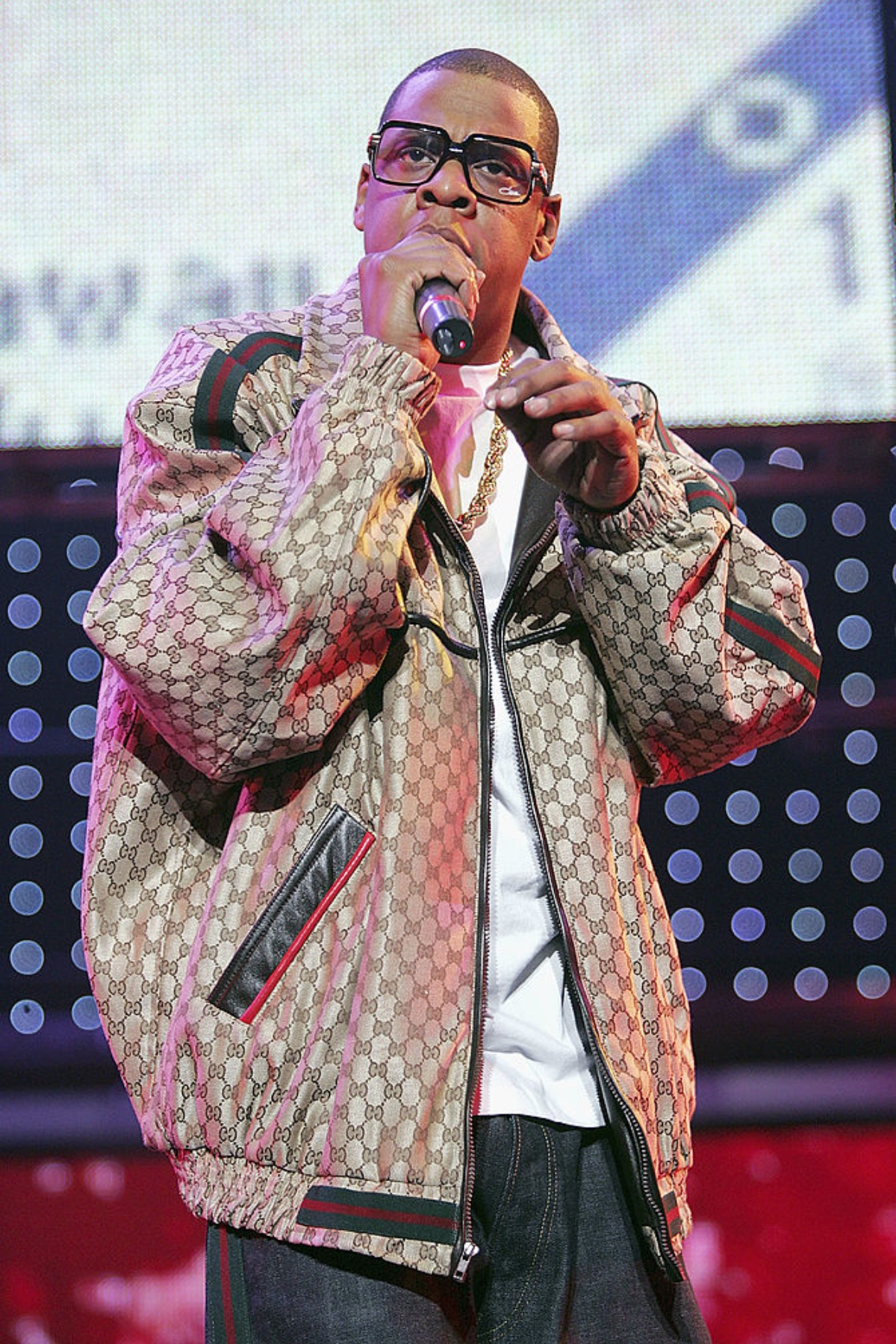
PHOTO CREDIT: Frank Micelotta/Getty Images
As Hip-Hop fashion changed what was considered fashionable in broader culture, it also reshaped what was considered fashionable in Hip-Hop culture. Urban streetwear became more mainstream, with designers like Karl Kani, Ralph Lauren, and Air Jordan all drawing inspiration from the world of Hip-Hop. High-end fashion houses began collaborating with Hip-Hop artists, recognizing the power and influence of the genre on global fashion trends.
Over the last five decades, Hip-Hop music has also played a significant role in redefining fashion. Hip-Hop artists like Andre 3000, Kanye West, Pharrell Williams, Lil Uzi Vert, Lil Yachty along with an uncountable number of other artists have set a precedent for breaking fashion norms and wearing what they want. As the biggest genre in the world, Hip-Hop has been a platform for artists to express themselves through fashion. Karl Kani, who is often credited as the godfather of Hip-Hop fashion, created clothing specifically for Hip-Hop artists. Kani’s clothing was inspired by streetwear and had a distinctive baggy style that was a departure from traditional fashion. Another brand that redefined fashion through Hip Hop was Coogi. Made popular through a shoutout from the late Notorious B.I.G, the brand’s colourful knitwear became popular among Hip-Hop artists in the 90s and early 00s, leading to collaborations with brands like Puma and Fila.
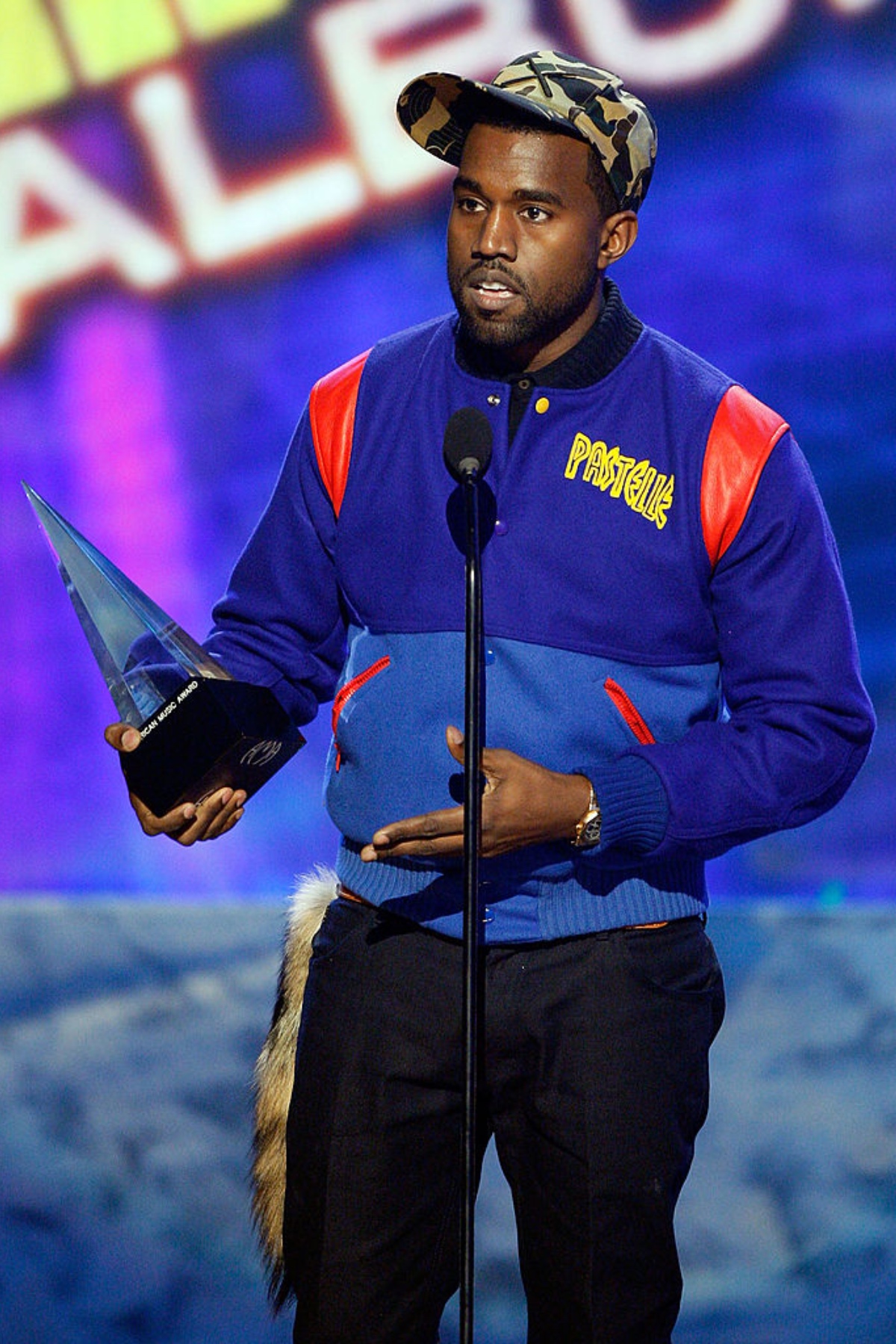
PHOTO CREDIT: Vince Bucci/Getty Images for AMA
There has always been a tug-of-war between the desire to stand out and the desire to fit in throughout Hip-Hop fashion’s history. Often associated with rebelliousness and nonconformity, Hip-Hop has also profoundly affected fashion and how people express themselves. From the oversized tracksuits and gold chains of the 80s to the more understated, minimalist styles of today, Hip-Hop fashion has always reflected the changing attitudes and tastes of its audience.
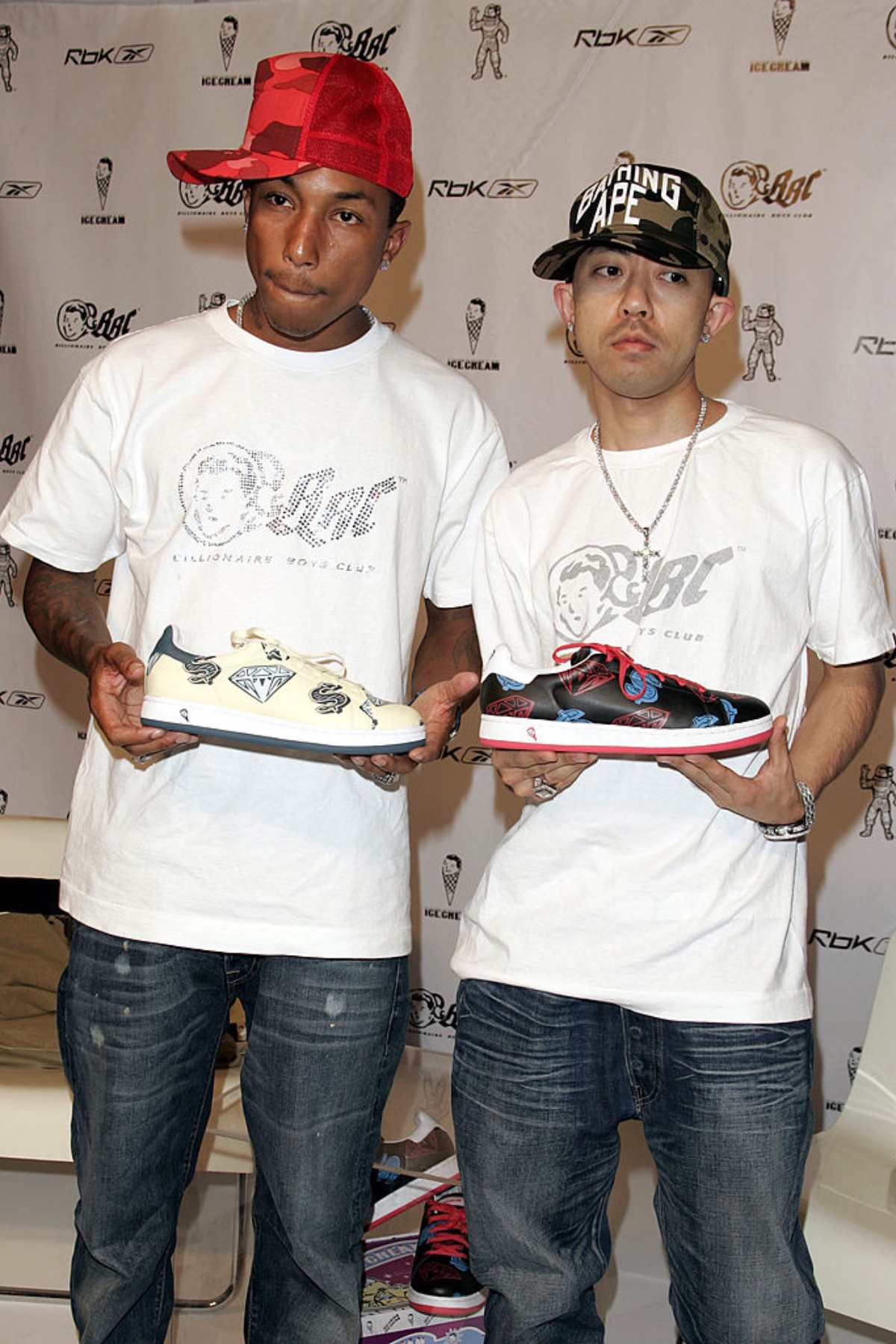
PHOTO CREDIT: Peter Kramer/Getty Images
Away from apparel, Hip-Hop has also been responsible for making sneakers a fashion statement. Brands like Nike, Adidas and Reebok developed into mainstays in Hip-Hop fashion in the 80s and 90s and this trend has continued well into the 20th century. Nike’s Air Jordan line, which was designed for basketball player Michael Jordan, became a favourite among Hip-Hop artists and fans alike, being more than just a basketball sneaker; the Air Jordan evolved into a status symbol in Hip-Hop, one that has remained ubiquitous with the culture. In the early 00s, Reebok also became popular in Hip-Hop culture, mostly thanks to the brand’s collaborations with artists like Jay-Z and 50 Cent and provided a starting point for Hip-Hop artists to have their own sneaker deals before moving onto bigger luxury brands like we see now in 2023.
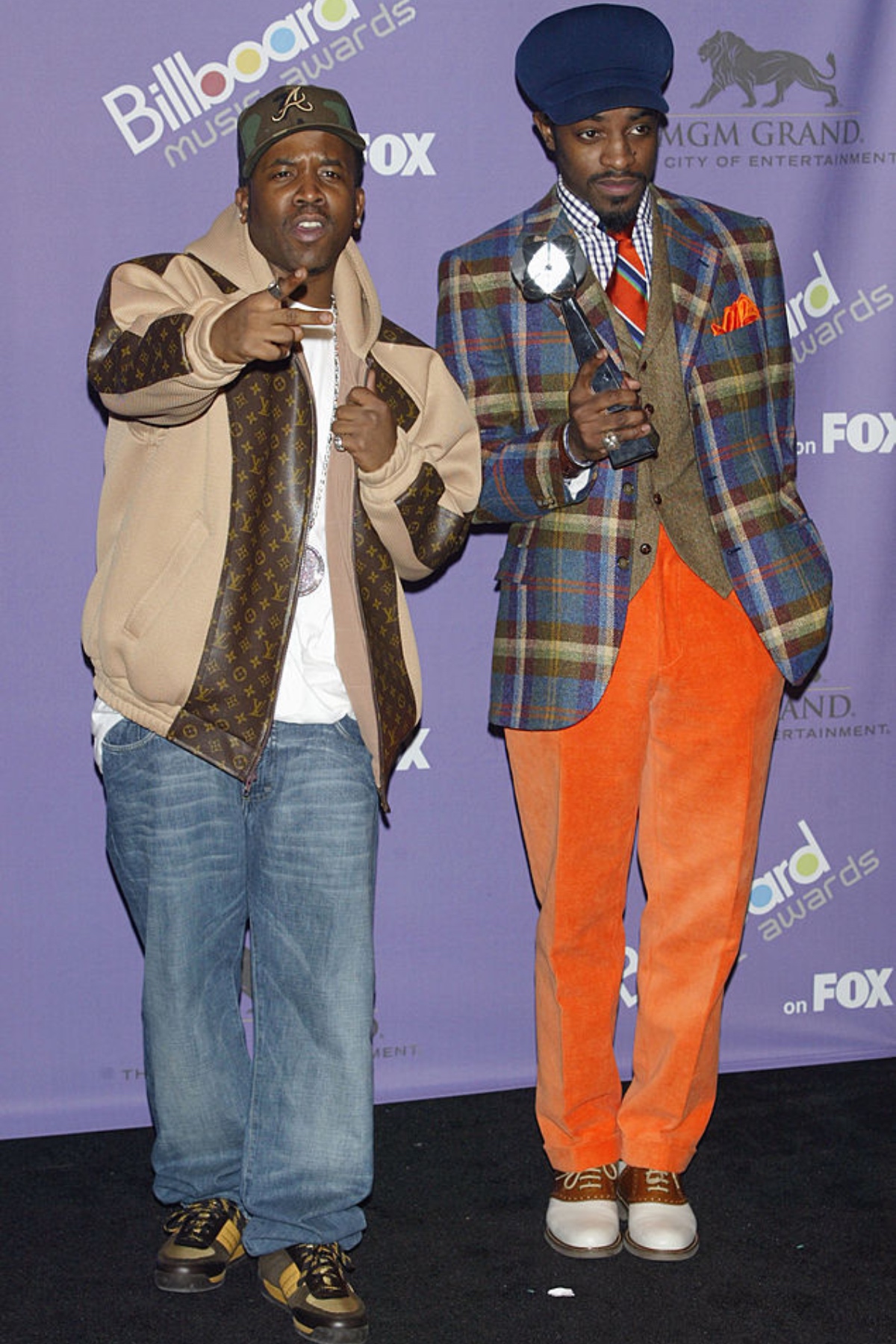
PHOTO CREDIT: Rick Solomon/Getty Images
The past fifty years have seen Hip-Hop fashion undergo a remarkable evolution, from the bold, colourful styles of the 70s to the minimalist streetwear of today. The fashion and expression of Hip-Hop artists and fans have been greatly influenced by brands such as FUBU, Tommy Hilfiger, Sean John, Phat Farm, Reebok, Nike, Guess, Oakley, Coogi, Karl Kani, Ralph Lauren, and Air Jordan, and as Hip-Hop continues to evolve and influence popular culture, it is certain that its fashion will continue to evolve with it.
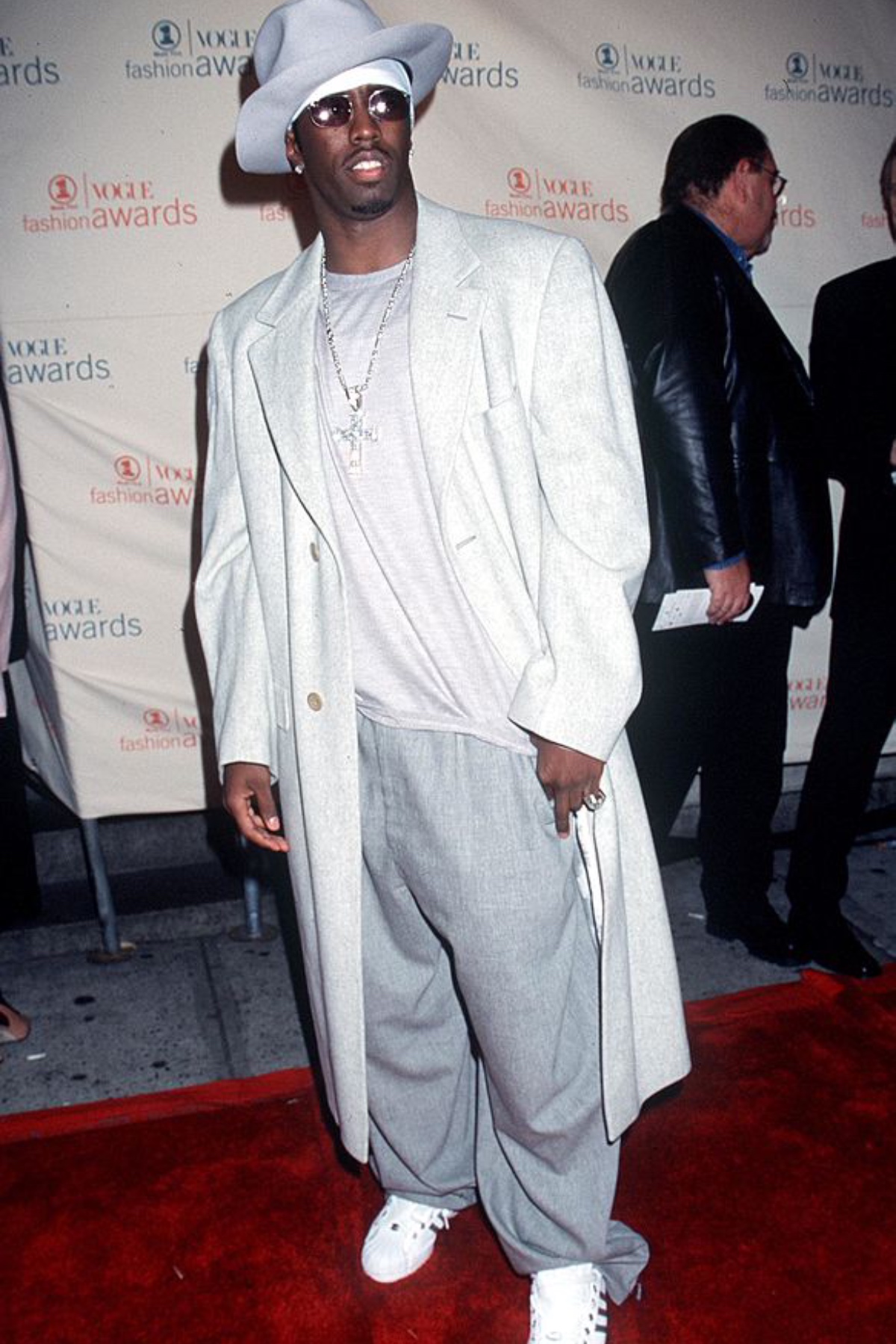
PHOTO CREDIT: Brenda Chase Online USA, Inc.
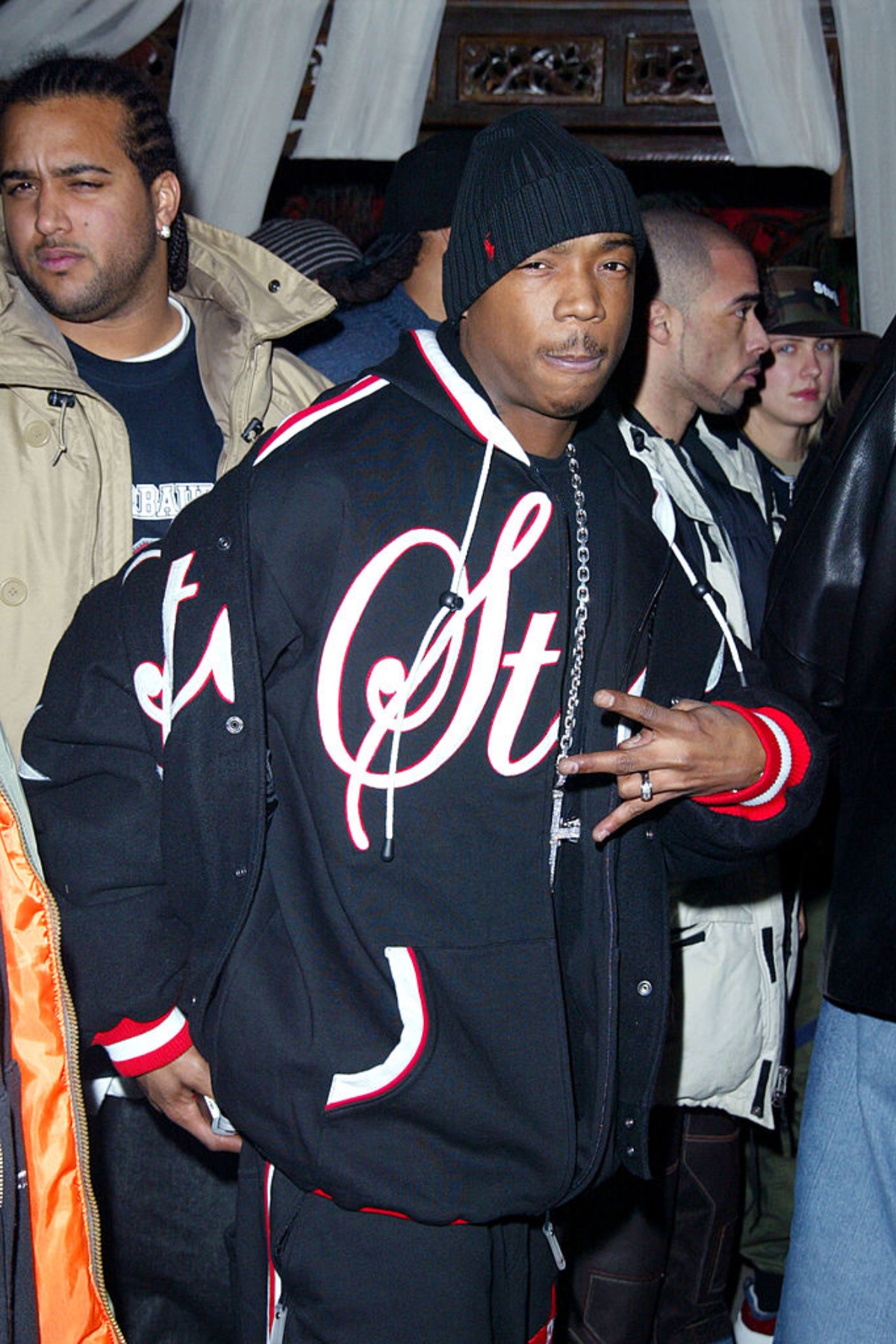
PHOTO CREDIT: Matthew Peyton/Getty Images
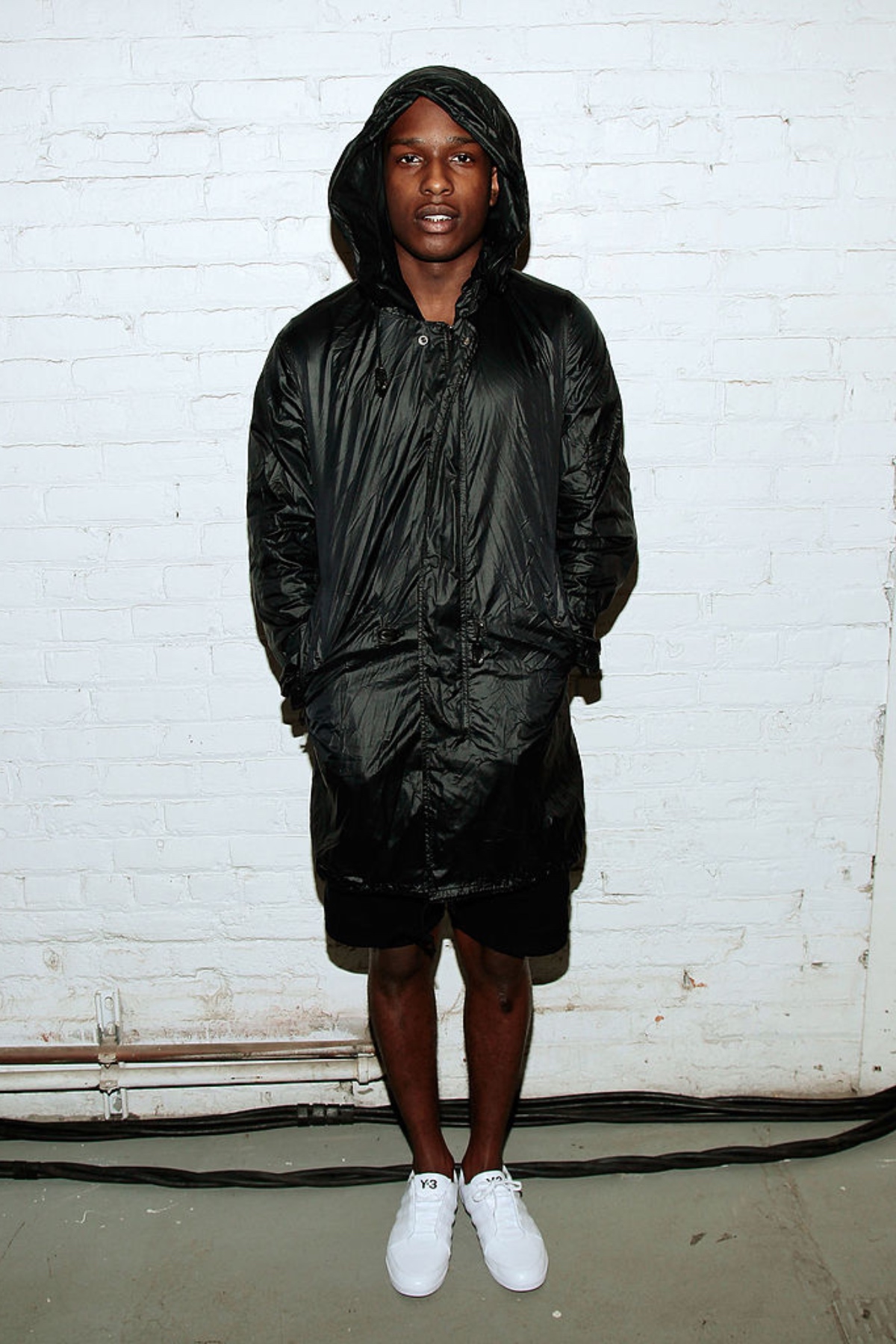
PHOTO CREDIT: Joe Kohen/Getty Images for Y-3
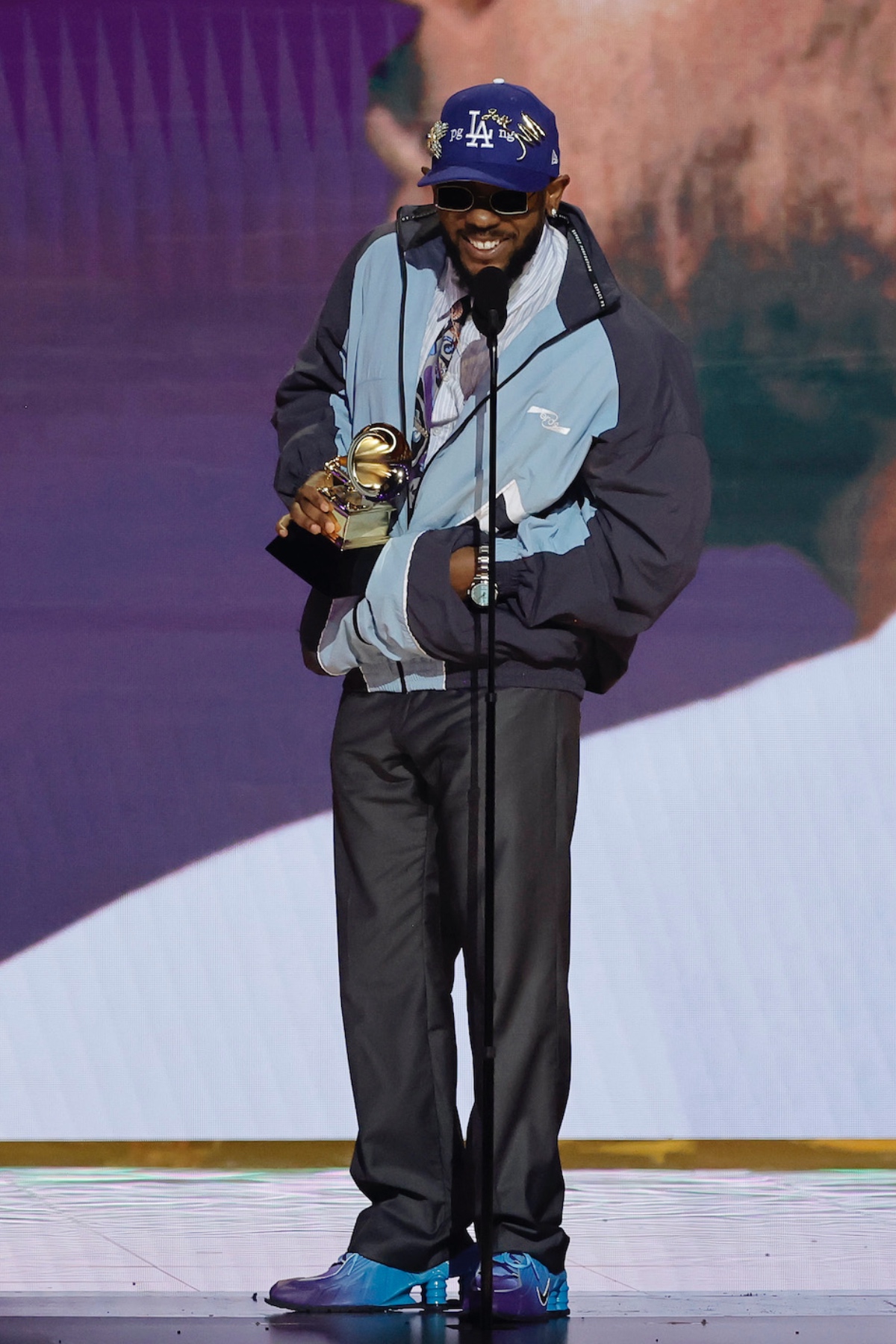
PHOTO CREDIT: @Kevin Winter/Getty Images for The Recording Academy
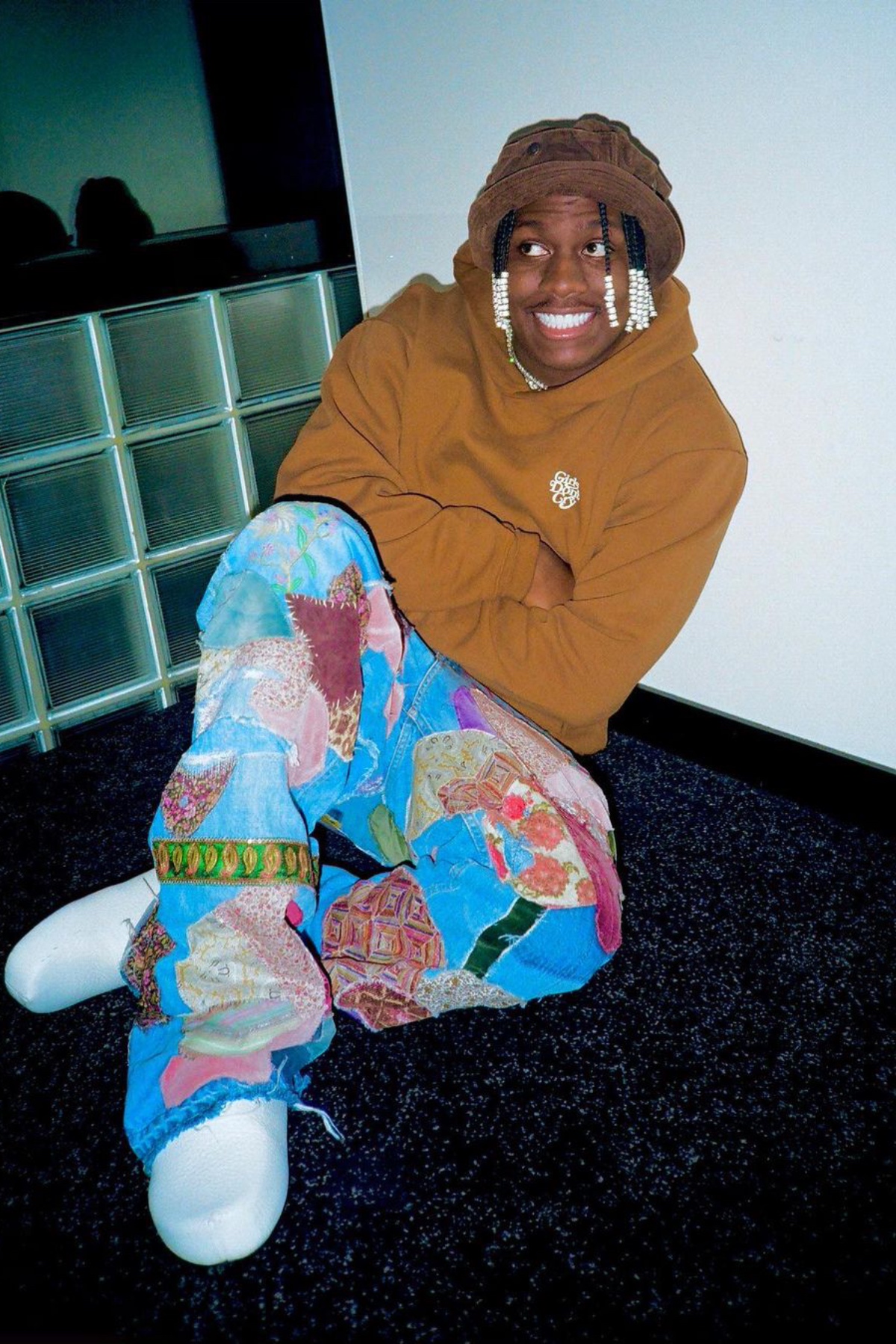
PHOTO CREDIT: @lilyachty
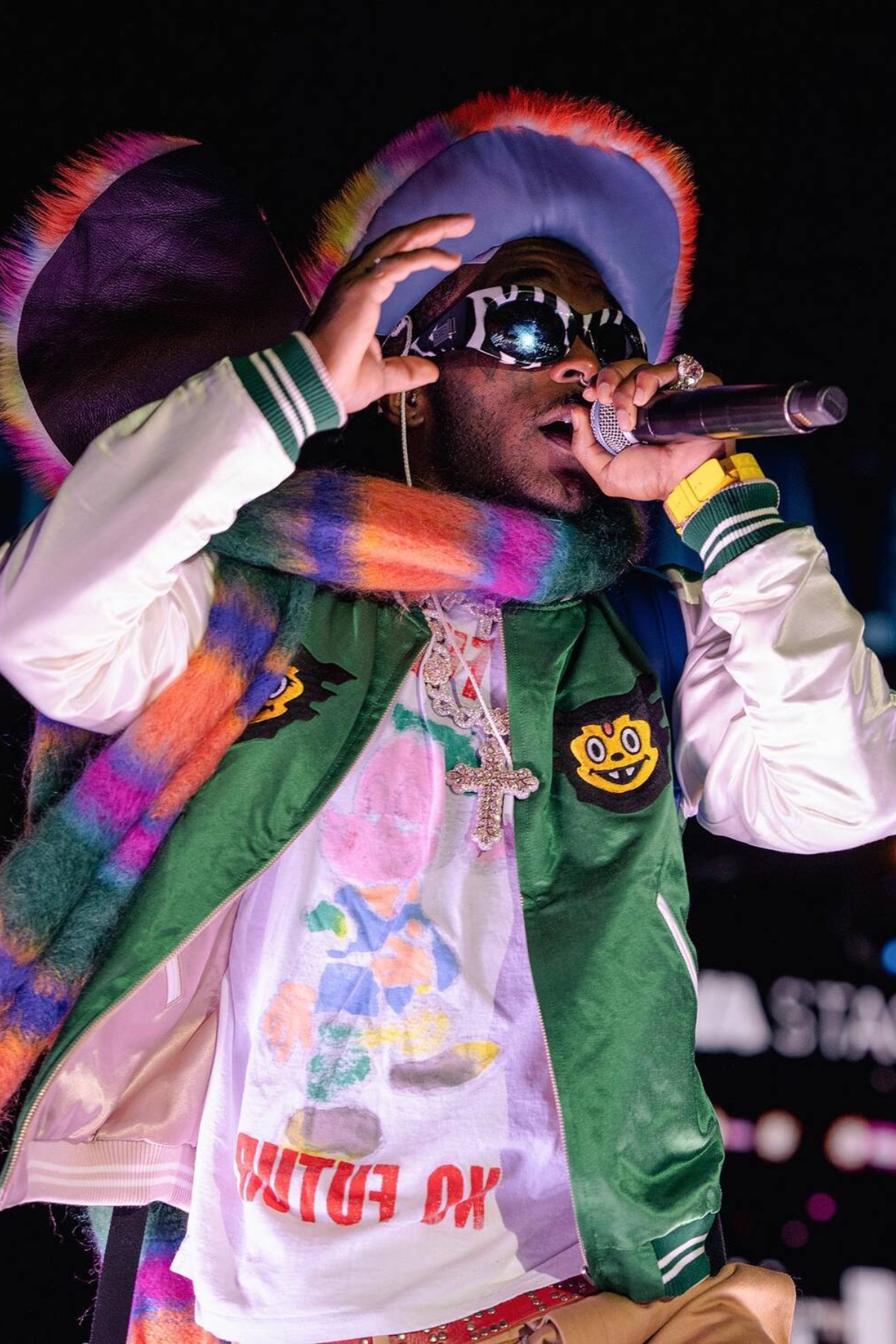
PHOTO CREDIT: @henryhwu

